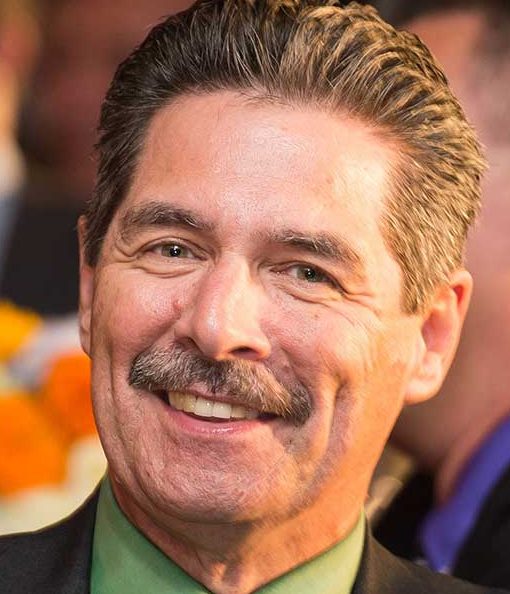The annual state budget battle in Albany finds the New York Association of Convenience Stores (NYACS) once again trying to block tax initiatives that the organization believes would be harmful to retailers. This includes sales impacts to cigars, vaping products, rest areas and vending machines.
New York Gov. Andrew Cuomo has proposed to eliminate an established alternate method of calculating the state excise tax on cigars—one that has enabled convenience stores to price cigars more competitively vs. tax-free Native American, internet and border state purveyors.
“The resulting price hike would backfire by driving customers of licensed, tax-collecting convenience stores to tax-free cigar outlets in search of cheaper prices, costing us business and ultimately hurting state tax revenues,” said NYACS President Jim Calvin. “All they need to do is hop the Pennsylvania border where there is no state excise tax on cigars; visit the nearest Indian reservation for tax-free products; or simply go online.”
Vaping tax
For the second year in a row, Cuomo proposes to introduce a new state excise tax on e-cigarettes and liquid nicotine at a rate of 10 cents per fluid milliliter.
“According to the Tax Foundation, 57 percent of cigarettes consumed in New York are purchased without payment of New York taxes—from other states, Indian reservations and bootleggers—the predictable result of over-taxation by New York State. Here is a proposal to start down the same disastrous road with vaping products,” said Calvin.
“Twenty years ago,” he continued, “New York’s cigarette excise tax was a modest 56 cents a pack; today it’s $4.35. While the vaping products tax proposed is relatively modest, future legislatures would be unable to resist incrementally elevating it until it’s so high it creates a vast black market rivaling that for combustible cigarettes.”
NYACS opposes the new tax but supports a separate provision that would require standalone vape shops that exclusively sell vaping products to register with the state Tax Department, as retail tobacco dealers already do, so that they are subject to the same underage sale enforcement as retail tobacco dealers.
Rest area commercialization
NYACS also opposes Gov. Cuomo’s proposal to commercialize state-maintained rest areas along non-toll interstate highways. Rest areas that currently offer only restrooms, tourist information and vending machines could be transformed into gas stations, convenience stores, restaurants and other higher intensity commercial uses.
“This is a new threat to tax-collecting entrepreneurs who built convenience stores near such highways based on assurances in the law that the State of New York would not directly compete with them,” said Calvin.
While the budget narrative expresses a desire to promote “New York State’s distinct agri-tourism regions” and create shops to sell “locally sourced food and beverage product samples” at rest areas, the proposed bill language actually would permit far-reaching commercialization with no restrictions whatsoever on the scale or form of such commerce, Calvin said.
Vending machine exemption
Currently in New York, certain food and beverages costing $1.50 or less are exempt from sales tax when purchased from a vending machine. Gov. Cuomo proposes to maintain this exemption for vending machines that accept only coin or currency but to raise the exemption to $2 in vending machines that also accept credit cards and, for the first time, subject bottled water to the tax exemption.
NYACS is opposed to this.
“There is no justification for forcing a brick-and-mortar retailer who employs live cashiers to collect and remit the 12-cent sales tax on a $1.50 candy bar, while allowing an absentee vending machine operator to forego that administrative burden and enjoy an artificial 12-cent price advantage,” said Calvin.
He added, “Either purchases of lower-priced food and beverage products should be subject to sales tax, or they should be exempt—across the board, regardless of how or where they are sold.”
Gov. Cuomo and legislative leaders have until April 1 to negotiate a final budget.

